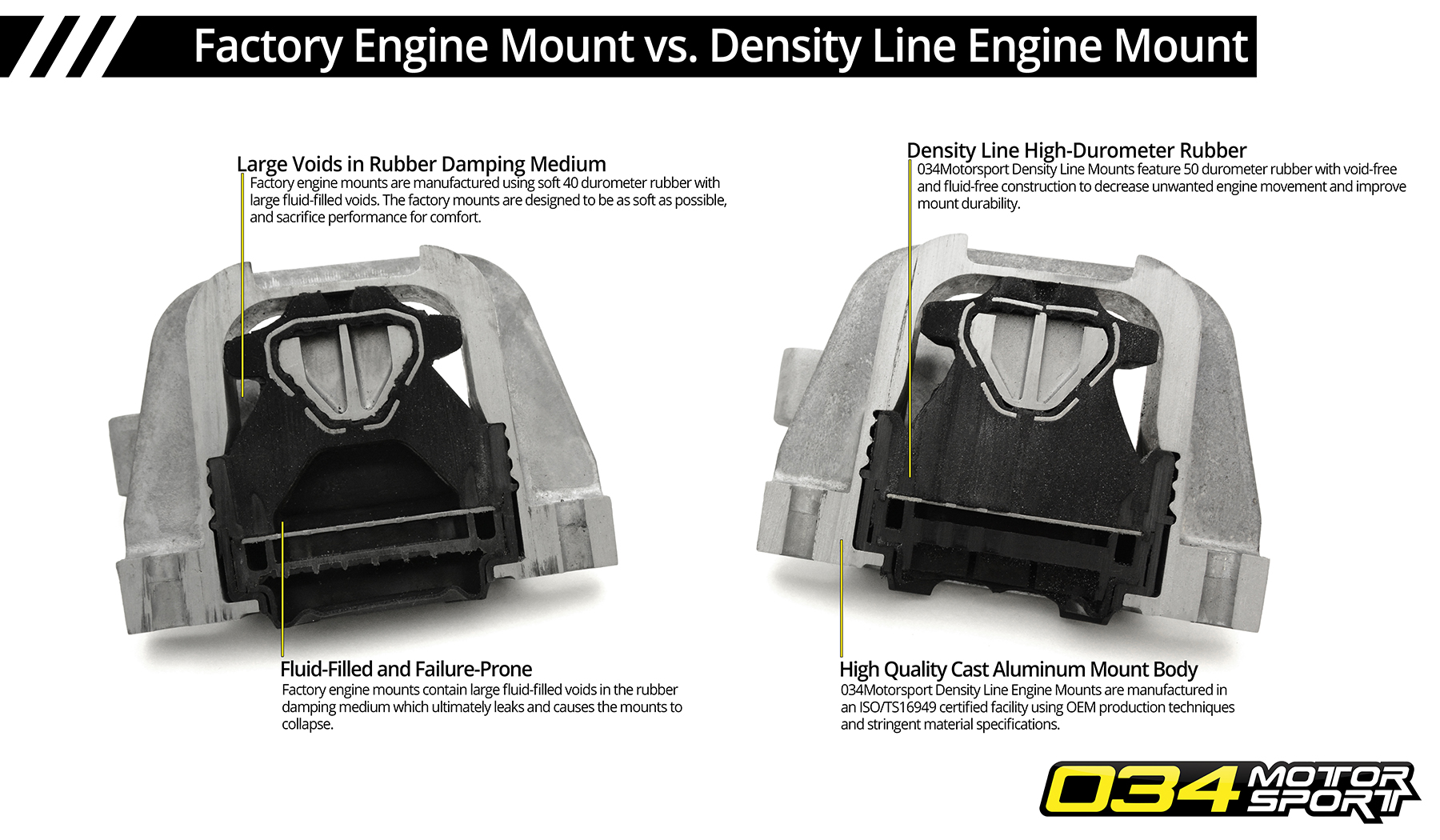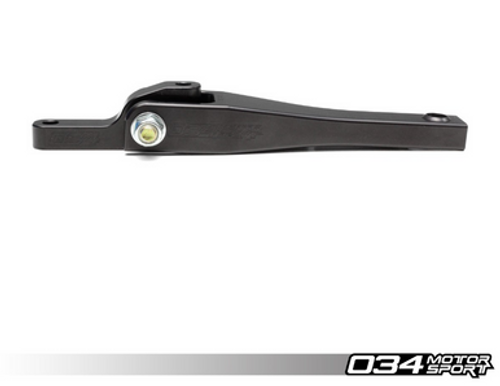
Categories
Brakes
- Big Brake Kits
- Brake Lines
- Lines
- Brake Kits - Blank
- Brake Kits - Drilled
- Brake Kits - Drilled & Slotted
- Brake Kits - Slotted
- Pads - OE
- Pads - Performance
- Pads - Racing
- Rotors - 2 Piece
- Rotors - Drilled
- Rotors - Drilled & Slotted
- Rotors - Slotted
- Rotors - OE
- Brake Lines & Hoses
- Caliper
- Hardware
- Master Cylinder
- Parking Brake
- Tools
- Big Brake Kits
- Brake Lines
- Lines
- Brake Kits - Blank
- Brake Kits - Drilled
- Brake Kits - Drilled & Slotted
- Brake Kits - Slotted
- Pads - OE
- Pads - Performance
- Pads - Racing
- Rotors - 2 Piece
- Rotors - Drilled
- Rotors - Drilled & Slotted
- Rotors - Slotted
- Rotors - OE
- Brake Lines & Hoses
- Caliper
- Hardware
- Master Cylinder
- Parking Brake
- Tools
Brakes
- Big Brake Kits
- Brake Lines
- Lines
- Brake Kits - Blank
- Brake Kits - Drilled
- Brake Kits - Drilled & Slotted
- Brake Kits - Slotted
- Pads - OE
- Pads - Performance
- Pads - Racing
- Rotors - 2 Piece
- Rotors - Drilled
- Rotors - Drilled & Slotted
- Rotors - Slotted
- Rotors - OE
- Brake Lines & Hoses
- Caliper
- Hardware
- Master Cylinder
- Parking Brake
- Tools
- Big Brake Kits
- Brake Lines
- Lines
- Brake Kits - Blank
- Brake Kits - Drilled
- Brake Kits - Drilled & Slotted
- Brake Kits - Slotted
- Pads - OE
- Pads - Performance
- Pads - Racing
- Rotors - 2 Piece
- Rotors - Drilled
- Rotors - Drilled & Slotted
- Rotors - Slotted
- Rotors - OE
- Brake Lines & Hoses
- Caliper
- Hardware
- Master Cylinder
- Parking Brake
- Tools













